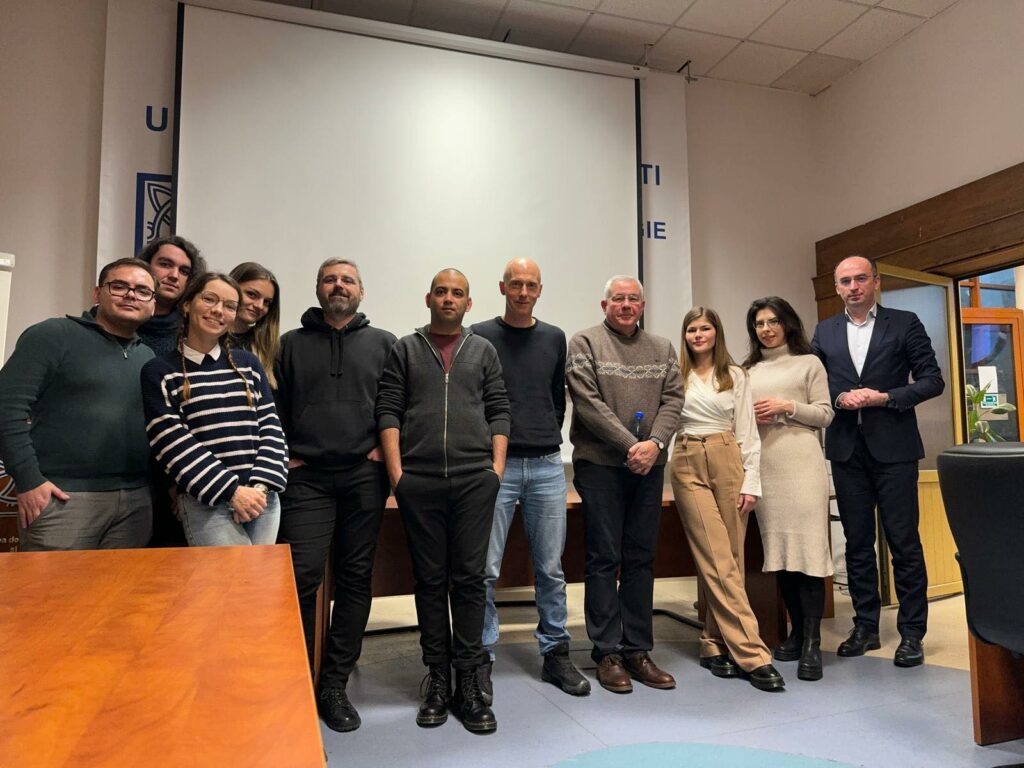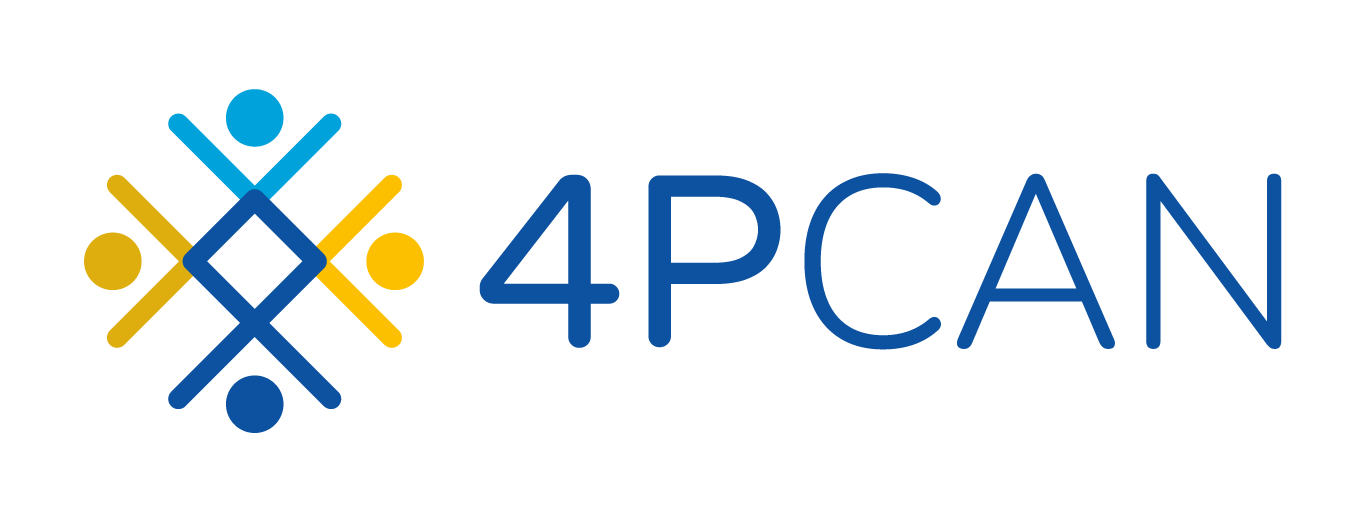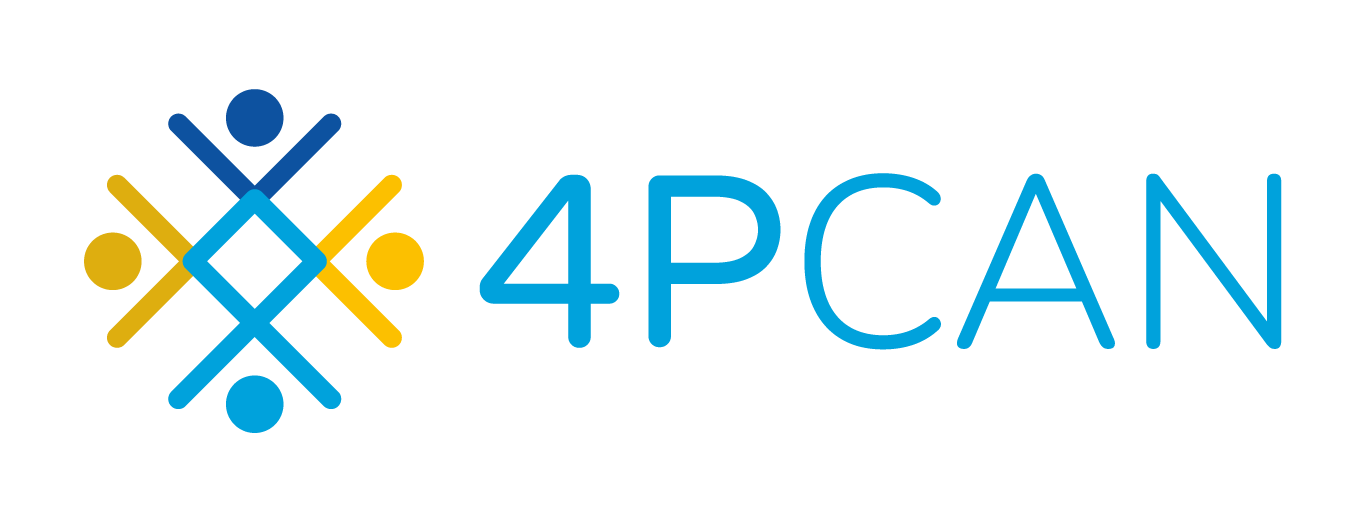A recent 4P-CAN Project workshop marked a significant milestone, bringing together two renowned experts, Prof. José Luis Molina and Dr. Jürgen Lerner, to validate and enhance our project’s methodology for cancer primary prevention Personal Network Analysis.

Keynote Speakers:
- Prof. José Luis Molina: A Social and Cultural Anthropologist from Universitat Autonoma de Barcelona, Prof. Molina specializes in economic anthropology, focusing on migrant enclaves and transnational fields in Southeast Europe, particularly Romania. His expertise in mixed-methods approaches, combining ethnography and personal network analysis, provided valuable insights into our project’s structure and approach.
- Dr. Jürgen Lerner: A researcher from the University of Konstanz, Dr. Lerner leads projects on statistical analysis of social networks. His interests in social network analysis, computational social science, and statistical network modeling in various social science disciplines brought a unique perspective to our methodology.
Dr. Marius Geanta presented an overview of the 4P-CAN Project, focusing on rethinking cancer primary prevention through innovative approaches. Prof. Gabriel Hancean and his team discussed the fieldwork conducted in the Living Lab in Leresti, Arges County and the methodology used for data collection for personal network analysis.
The experts provided constructive feedback, validating the methodological approach, particularly the application of personal network analysis (PNA). This approach is vital for understanding the of health-related actions, offering a unique lens to explore how social networks impact health behaviors and vice versa.
The experts discussed the innovative use of PNA and multilayer analysis. These methods are pivotal for exploring the intricate relationships between key actors in the field of cancer prevention. By mapping these relationships, we can gain a deeper understanding of the social dynamics and influence patterns that are central to effective prevention strategies.
This approach of social innovation in 4P-CAN allows us to gather valuable information that can significantly enhance the implementation of the European Code Against Cancer. Understanding these complex social dynamics is essential for designing effective cancer prevention strategies that resonate with different communities and individuals, thereby maximizing the impact of our efforts in promoting healthier lifestyles and cancer awareness.
Following the workshop, the discussions with the international experts continued during another event. Graphnets, the Doctoral School of Sociology, the Interdisciplinary Doctoral School of the University of Bucharest, and the Center for Innovation in Medicine organized the event titled “Network Analysis and Public Health” at the Faculty of Sociology and Social Assistance. This event covered a range of research topics, from understanding the interconnectedness of individual health to innovative statistical modeling of relationships, emphasizing the role of social networks in developing effective public policies. This gathering further expanded on the themes discussed during the workshop, delving into the intricate ways in which network analysis can inform and enhance public health initiatives.
The workshop concluded with a discussion on future collaboration opportunities, emphasizing the importance of personal network analysis in informing primary cancer prevention strategies. The experts’ validation and insights have significantly bolstered the project’s direction and potential impact.


